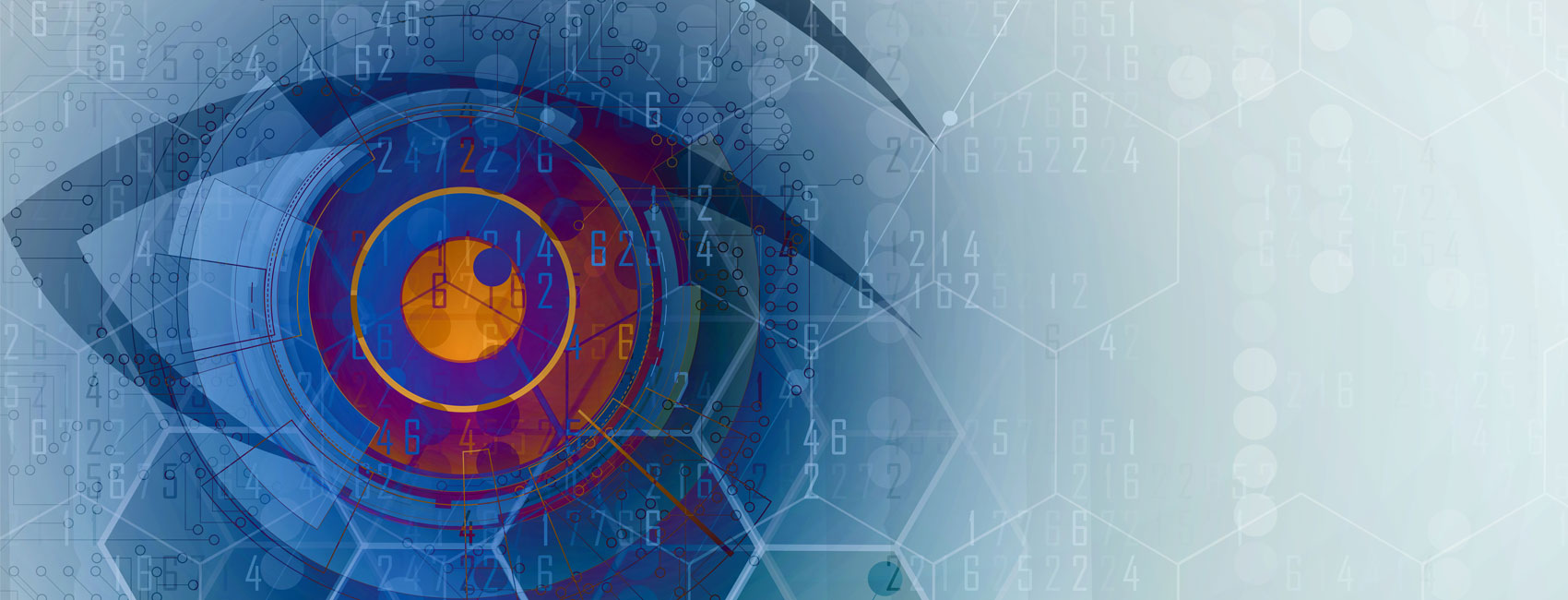DR@W

DR@W
Decision Research at Warwick (DR@W) is an interdisciplinary initiative which focuses on behavioural and experimental research of decision making.
Formed in January 2010, DR@W brings together researchers and students from Economics, Psychology, Statistics, Warwick Mathematics Institute, Warwick Manufacturing Group and Warwick Business School that are interested in current developments in the area of experimental and behavioural research.
The Department of Economics have created and manage a large computer laboratory for use with experiments.
Visit the Decision Research at Warwick website for further details.
DR@W Forum Online: Valeria Burdea (LMU, Munich)
How does partisanship affect beliefs about the accuracy of others' knowledge (second-order beliefs)? How citizens perceive the accuracy and credibility of others' information is a crucial component of processes of social learning and influence. We describe three possible mechanisms based on social identity theory, theories of bounded rationality, and theories of rational learning. Measuring second-order beliefs using an incentivized elicitation procedure (the Binarized Scoring Rule), we find strong evidence for in-group partisan bias: in-group partisans are perceived to have more accurate knowledge than out-group partisans despite a design in which there are no differences in the underlying accuracy of the groups. Consistent with the social identity mechanism, the bias gap varies with the strength of partisan identity (measured by a social psychological scale). The gap also varies with feelings toward members of each of the parties in ways consistent with the hypothesized bounded rationality mechanism of using affect as a heuristic. We also find that the bias gap varies empirically with levels of party-specific knowledge, but in ways not predicted by a theory of rational learning.
